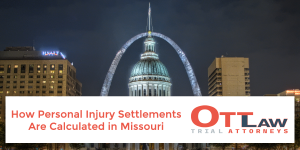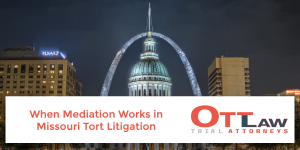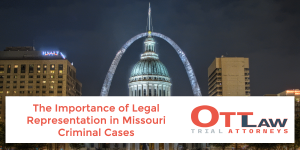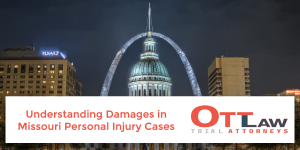In traumatic brain injury (TBI) litigation, understanding the nuances of second impact syndrome and the cumulative effects of multiple mild TBIs is pivotal. Legal professionals should be equipped to evaluate an expert’s knowledge in this arena, particularly when a client has sustained more than one head injury in quick succession.
Initial Considerations:
When discussing second impact syndrome and repetitive mTBI, establish the medical expert’s understanding of:
- Multiple Impact: Determine the expert’s knowledge about the additive effects of multiple impacts in a short duration, such as a car accident involving multiple collisions or the combined impact of an accident and subsequent airbag deployment.
- Vulnerability Window: Investigate their awareness about the period post-injury when the brain is especially susceptible to additional trauma.
Probing the Depth of Knowledge:
To evaluate the expert’s understanding further, consider:
- Existing Research: Pose questions about the well-established findings on the cumulative effects of mTBIs. Inquire about notable publications like the Journal of Neurosurgery, the Brain journal, and authoritative sources like Neuropsychological Assessments by Dr. Muriel Lezak.
- Football Player Statistics: Given the prevalence of TBIs in contact sports, query about research that demonstrates the heightened risk of subsequent concussions in the same season after a player sustains one concussion.
- Second Impact Syndrome: Seek the expert’s insights on second impact syndrome, especially in athletes. Investigate their understanding of the lingering symptoms post-initial injury and the dangers of subsequent trauma during this period.
- Clinical Considerations: Dive deeper into their clinical expertise. Do they consider the additive cognitive deficits arising from multiple mTBIs? Are they aware of the exponentially increased risks after sustaining one or two TBIs?
- Up-to-date Research: Determine if the expert is updated with current research findings. Are they aware of the wealth of information available on platforms like www.pubmed.com?
- Expert’s Confidence: Finally, a hypothetical scenario can provide insight into the expert’s confidence in their knowledge and methodology. For instance, ask if they’d recommend a doctor of their expertise to a close family member with a TBI.
Conclusion:
Second impact syndrome and the cumulative effects of multiple mTBIs are crucial concepts in understanding traumatic brain injuries. Legal professionals need to ensure that the experts they consult or cross-examine have a comprehensive grasp of these topics to ensure justice for their clients.
Note: Legal professionals should be cautious about the potential pitfalls of hypothetical questions and the ethical boundaries surrounding them. Always ensure that questions are posed respectfully and professionally. Ensure that all references cited or mentioned are accurate and relevant for legal proceedings.














